During the pandemic, you may have noticed that people got seriously into bread making at home, enjoying the classic process and unique sour flavor that it provides.
The bread relies on creating your own wild yeast and lactic acid bacteria which is richer in nutrients and easier on the gut. The yeasts can be beneficial for many digestive issues but can also have a boost for anti-aging through its antioxidant profile.
Nutritional Benefits of Sourdough Bread
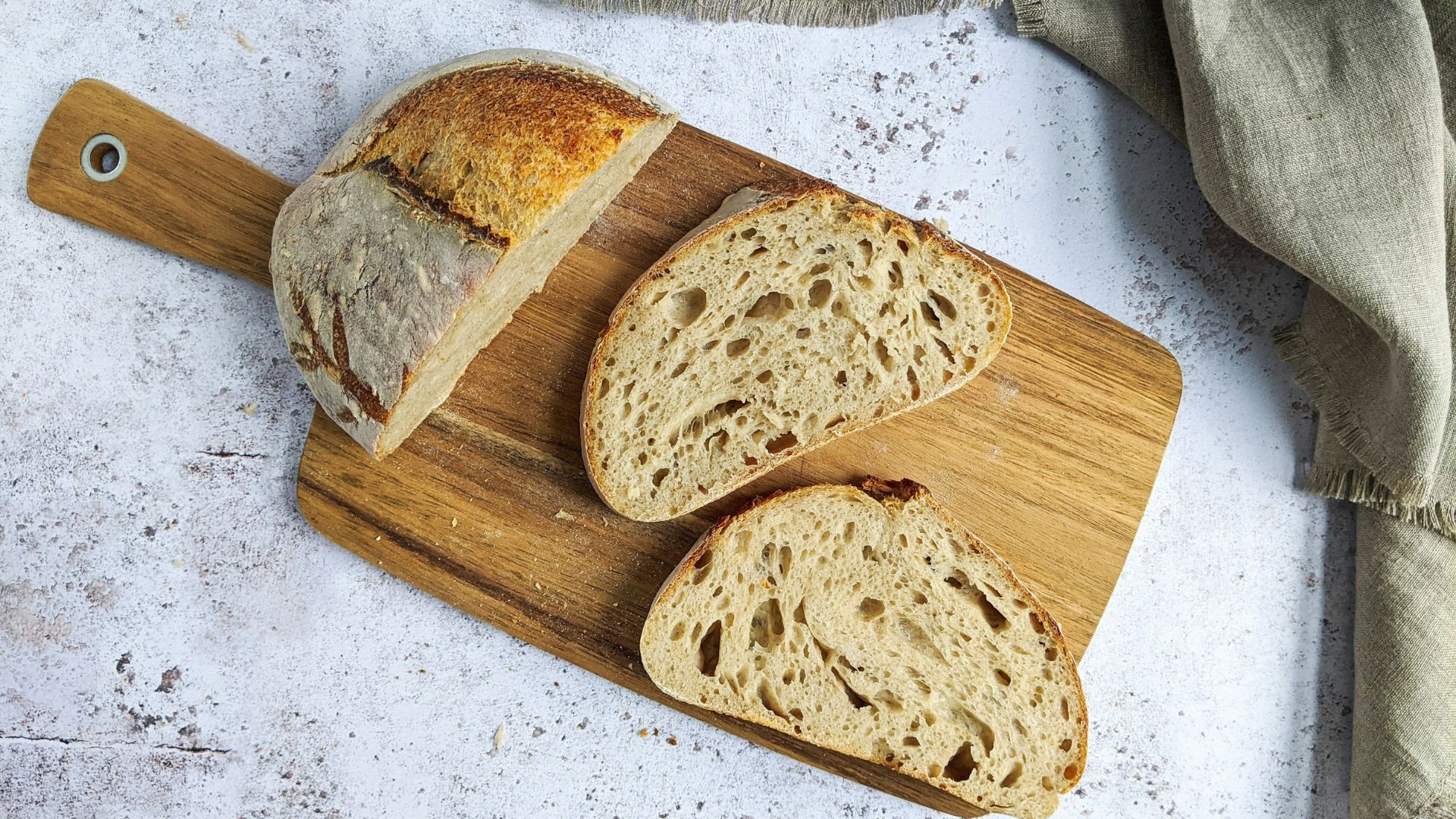
Unlike store bought bread that is filled with bleached flour, sugars, and oils, sourdough has many minerals and nutrients beneficial for a complete diet.
The bread contains calcium, potassium, magnesium, folate, and niacin. The antioxidant profile of sourdough has been linked to the prevention of several aging related diseases.
Aging Healthily

A study published by the Aging Clinical and Experimental Researched looked at the aging-related health markers of Italian populations. One of the main aspects of the diet that they noticed was an increased consumption of wholemeal sourdough bread.
The study linked the diet and addition of fresh, homemade bread to a reduced risk of coronary heart disease, diabetes, and cancer. It’s proven that sourdough bread has a low glycemic index and won’t cause blood glucose spikes and crashes like regular white bread would.
Gut Health
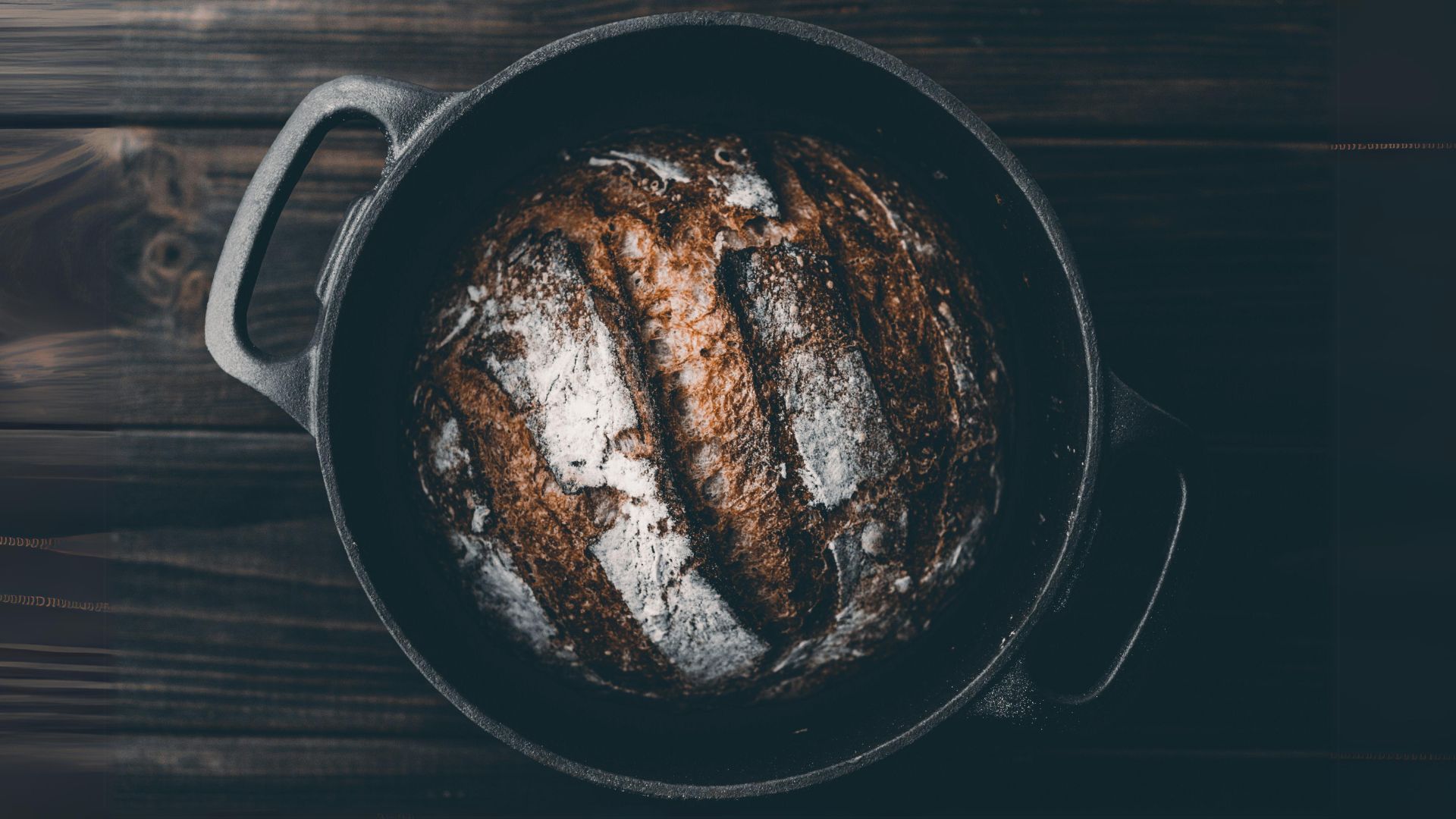
The prebiotic content of sourdough helps to maintain a healthy gut and digestive track. Fermented foods promotes microbial diversity and can combat inflation in the body.
Also, fermentation increases the antioxidant activity of foods and prevents anti-hypertensive and anti-diabetic benefits to consumers.
Gut Microbiome and Healthy Aging

Gut health is one of the biggest indicators of overall health. It could hold the key to a long and healthy life as well as reduced negative effects of aging.
Having a healthy gut throughout your life can help combat diseases that are commonly associated with aging like cardio vascular disease and diabetes. A healthy immune system can be beneficial to the body’s natural repair mechanisms.
Heart Health

Eating sourdough bread also has an unexpected effect on the heart.
The nutritional value can be absorbed into the your system to boost blood flow and cardio vascular health that can reduce the risk of a heart attack of heart disease.
The Gut-Brain Connection

A healthy gut can also support the brain and mental health. The connection means that you can protect your mental health as you age.
The overall health benefits will combat health concerns like depression and anxiety while helping cognitive function.
Nutrient Absorption

The fermentation process used to make sourdough bread can also assist with the absorption of essential nutrients.
Minerals like zinc, magnesium, and iron can all enter the body easier and quicker thanks to the natural yeast in the bread. Higher quality nutrients can combat sings of aging like wrinkles and grey hairs.
Nutrients in Sourdough Bread
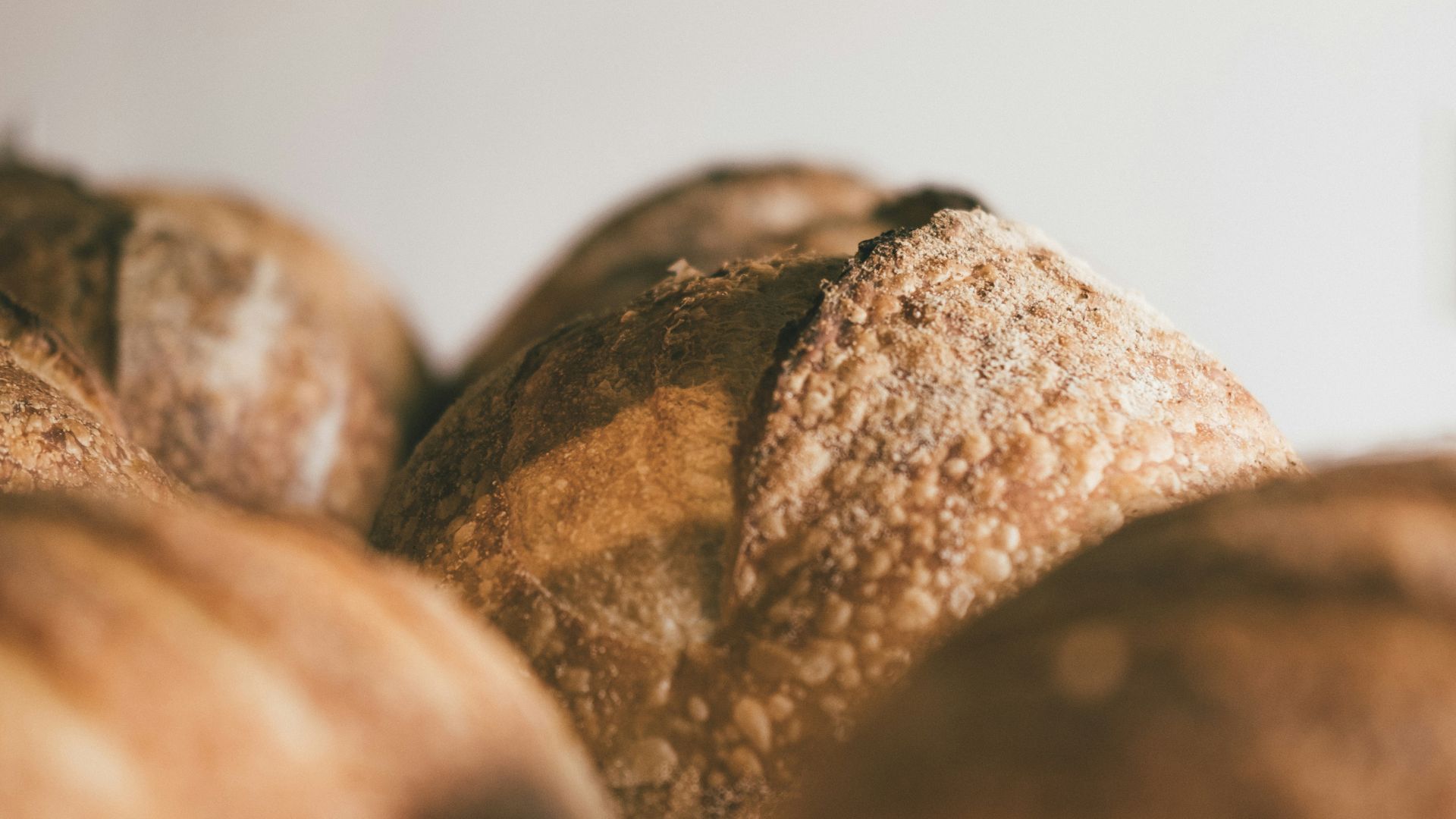
There are a few essential minerals in sourdough that can greatly impact the signs of aging. For instance, calcium directly impacts bone health and can reduce the incidence of osteoporosis and brittle bone disease.
Also, potassium can reduce the risk of high blood pressure. Folate is another key mineral in bread, it’s benefits include a healthier nervous system and high cognitive function.
Choosing the Right Type of Bread
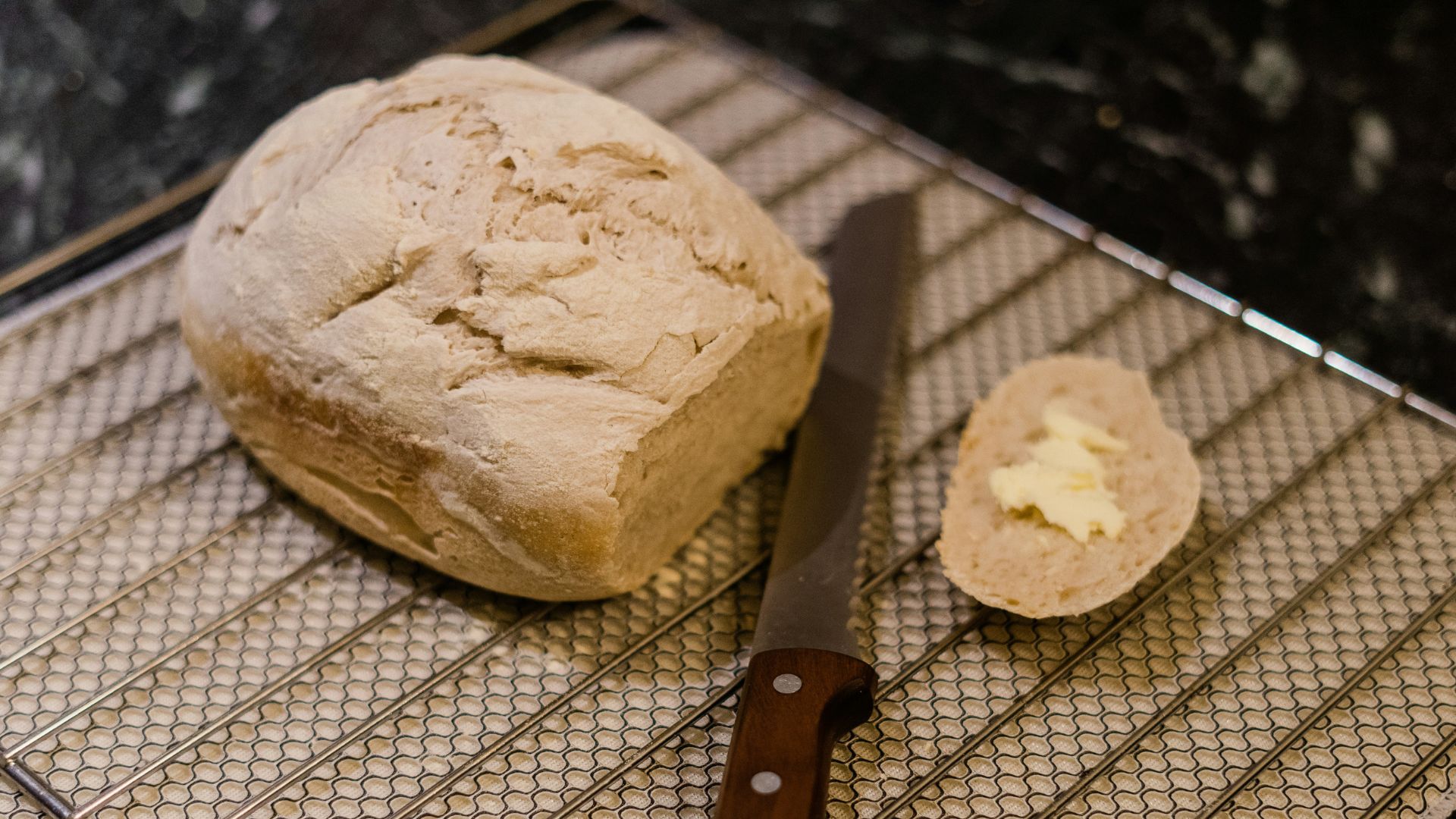
There are a few different styles of sourdough bread that you can choose from. Typical white sourdough is perfect fine but whole-grain can also add much-needed fibre into your diet.
Purchasing from local bakeries is an excellent way to ensure that your bread is made with fresh artisan flour without added sugars.
Making Bread at Home

You can easily make healthy and nutrient packed sourdough bread at home. However, you will need to act with caution when dealing with a naturally fermented yeast.
Start by choosing fresh and artisanal flours before following a clear recipe to ensure proper results.
Considerations and Precautions
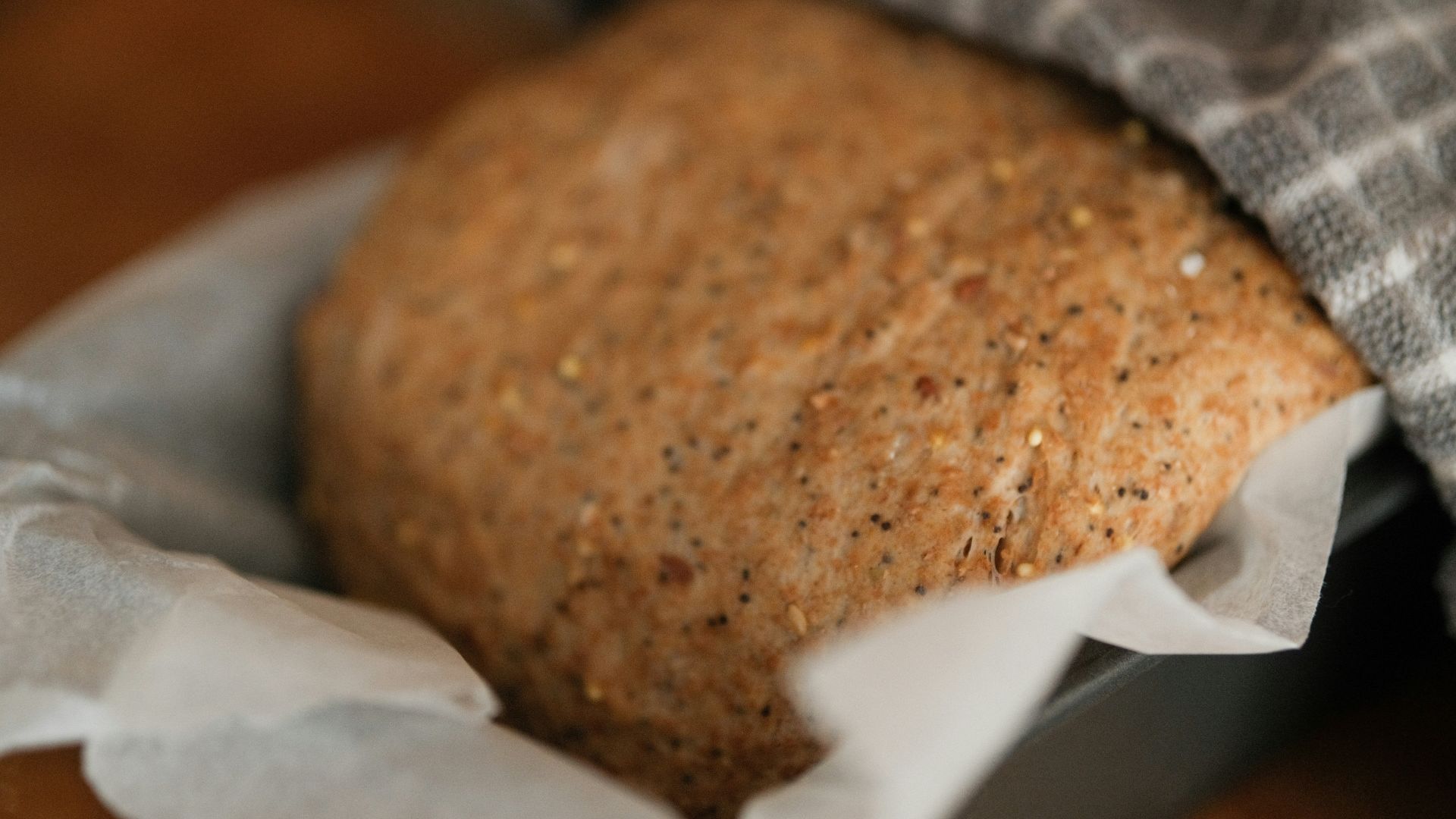
Unfortunately, you may want to avoid eating sourdough bread or other fermented foods if you’re on certain medications, so be sure to talk to your doctor.
Research indicates that quality of diet can greatly impact the way that we age, so consider making more healthful choices in your diet.








































